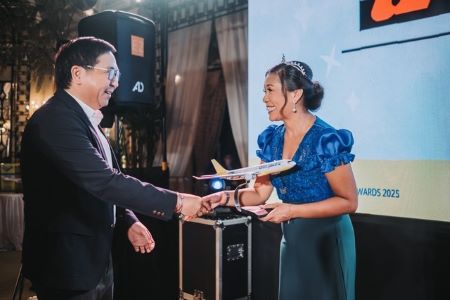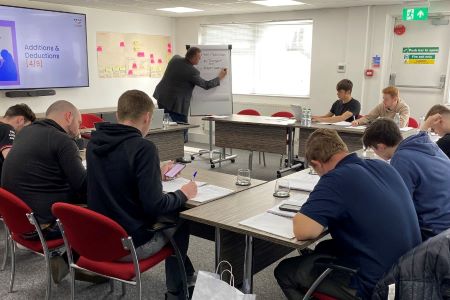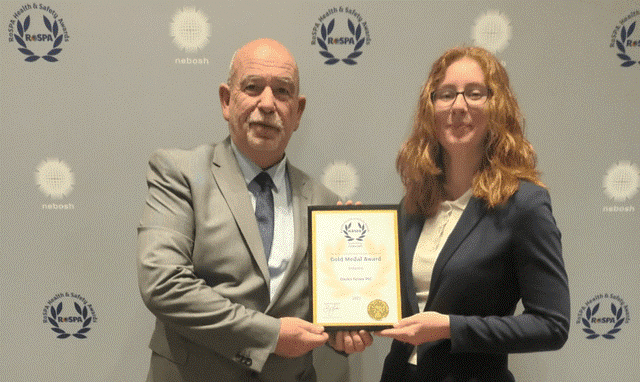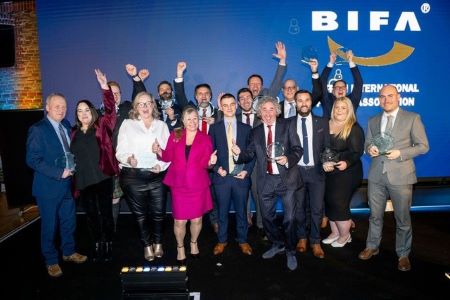Global logistics company Panalpina and the UK’s Cardiff University are exploring how ‘remanufacturing’ can give companies the power to make ethical products at lower prices.
In traditional manufacturing, companies take, make and dispose. But circular ‘remanufacturing’ can cut waste, reduce energy use and create jobs.
Executives from the Swiss-based company joined Cardiff Business School researchers and external partners to explore the ‘circular economy’ at a recent workshop.
Circular production has not been broadly adopted worldwide. The workshop examined the barriers to business and explored ideas for further research.
Professor Aris Syntetos, Panalpina Chair in Manufacturing and Logistics Research, said: “Circular economic models hold huge potential for the public and are at the heart of Cardiff Business School’s research. Our Knowledge Transfer Partnership with Panalpina and EPSRC fundamental research programme are indicative of our commitment to the circular economy.”
Mike Wilson, Global Head of Logistics at Panalpina, added: “The relationship we have built with Cardiff University has become a true partnership in a short space of time. The mutual benefits that both parties enjoy is testament to aligned thinking, combined effort and hard work.”
The event was the first in a series of SPARK workshops. The series will focus on topics with significant societal impact, exploring areas for collaboration and seeding new research across academic disciplines through the UK’s ESRC Transformative Research institutional funding.
Professor Rick Delbridge, Academic Lead for SPARK, said: “We’ve been bold as an institution with the Social Science Research Park. The collaboration we have with Panalpina builds on the University’s growing capacity for challenge-led and socially-focused innovation.”
In traditional manufacturing, companies take, make and dispose. But circular ‘remanufacturing’ can cut waste, reduce energy use and create jobs.
Executives from the Swiss-based company joined Cardiff Business School researchers and external partners to explore the ‘circular economy’ at a recent workshop.
Circular production has not been broadly adopted worldwide. The workshop examined the barriers to business and explored ideas for further research.
Professor Aris Syntetos, Panalpina Chair in Manufacturing and Logistics Research, said: “Circular economic models hold huge potential for the public and are at the heart of Cardiff Business School’s research. Our Knowledge Transfer Partnership with Panalpina and EPSRC fundamental research programme are indicative of our commitment to the circular economy.”
Mike Wilson, Global Head of Logistics at Panalpina, added: “The relationship we have built with Cardiff University has become a true partnership in a short space of time. The mutual benefits that both parties enjoy is testament to aligned thinking, combined effort and hard work.”
The event was the first in a series of SPARK workshops. The series will focus on topics with significant societal impact, exploring areas for collaboration and seeding new research across academic disciplines through the UK’s ESRC Transformative Research institutional funding.
Professor Rick Delbridge, Academic Lead for SPARK, said: “We’ve been bold as an institution with the Social Science Research Park. The collaboration we have with Panalpina builds on the University’s growing capacity for challenge-led and socially-focused innovation.”





